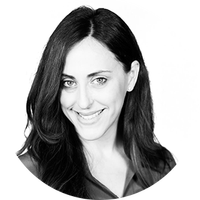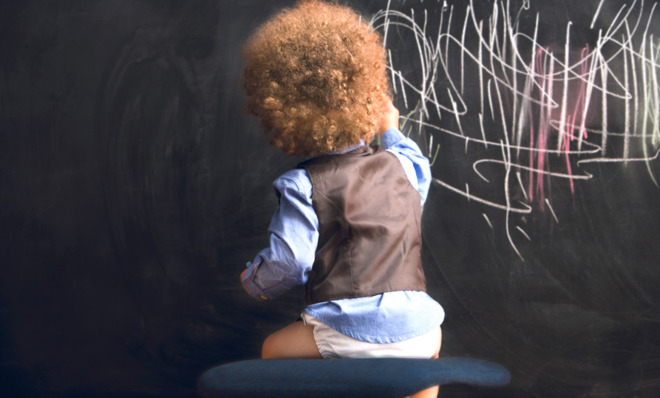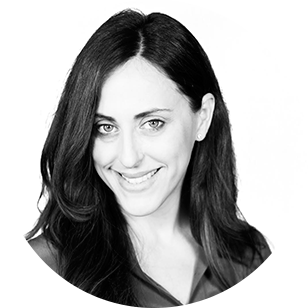Your 2-year-old doesn't need to go to school
Unless your family is low-income, there's no point. It might even backfire.


A free daily email with the biggest news stories of the day – and the best features from TheWeek.com
You are now subscribed
Your newsletter sign-up was successful
Kids cost a lot of money — $500,000 on average, excluding college tuition. That's a 25 percent increase since the 1960s. And partly to blame is the spiking costs of childcare and education, which used to make up 2 percent of the total cost, but now make up 18 percent.
This high price tag is a big part of why today's parents, referred to by one researcher as "Generation Squeeze," are stressed out and struggling. No wonder the generation below them is planning on foregoing parenthood altogether.
So, all things considered, why are more and more parents sending their kids off to school at 2? Not only can it can cost upwards of $10,000 a year, it's by no means necessary, according to early education experts.
The Week
Escape your echo chamber. Get the facts behind the news, plus analysis from multiple perspectives.

Sign up for The Week's Free Newsletters
From our morning news briefing to a weekly Good News Newsletter, get the best of The Week delivered directly to your inbox.
From our morning news briefing to a weekly Good News Newsletter, get the best of The Week delivered directly to your inbox.
Yes, 2-year-olds need to be properly nourished and stimulated by their caretakers, but this can happen just as well outside a classroom. Many parents, especially the sort who decide to read this article, are capable of giving toddlers everything they need to grow into intellectually curious and emotionally secure children.
"A lot of parents are operating under the mistaken belief that if school is good for 3-year-olds then it must be good for 2-year-olds too," said Tovah Klein, Director of the Barnard College Center for Toddler Development and author of the recent book How Toddlers Thrive.
Klein and other early childhood experts I spoke all agreed that 2s programs can be a perfectly fine addition to a toddler's schedule if the scheduling and costs create no inconvenience for the family. But they were also insistent that not sending your child to one doesn't cheat them or compromise their future.
The main things children need are love, a chance to socialize with other kids, and conversation. The latter is crucial, and study after study demonstrate the ways in which children who aren't spoken to enough have lower IQs and perform worse in school. There is a whopping 30-million-word gap between poor children and those from professional families. And boys are often spoken to less often than girls. So, yes, a 2s program could have benefits for lower-income children, who perversely are less likely to attend one. But for middle- or upper-income children, it's probably not going to make a difference.
A free daily email with the biggest news stories of the day – and the best features from TheWeek.com
It might even backfire. Some 2s programs, the sort that focus on academics and appeal to those parents who think that the first step to Harvard takes place in diapers, might actually have an adverse effect.
"There is a long history of studies in developmental psychology showing that it is harmful to push children into academics too early," said Barbara Beatty, professor of education at Wellesley and author of Preschool Education in America. "Kids need to have lots of time for exploration, and if you push them too early they are going to be shortchanged." In short, Beatty thinks parents of young children should put down their flashcards and take their kids for a walk or play with them.
Klein agrees.
"Young children don't learn things by being told, they learn things by experiencing them in their everyday world. That's how they learn numbers and concepts," she said.
All the experts insisted that beyond making sure your child is getting love, conversation, and social interaction, there is no magical formula for raising toddlers.
"Trust your own sense of who your child is and then make decisions based upon that about what he or she needs. Kids are remarkably resilient, and while yes, a lot of bad stuff can cause really bad problems, this is what not what we are talking about here," said Ellen Frede, a research fellow at the National Institute for Early Education Research.
Unfortunately however, we live in an age of extreme parental anxiety which casts a pall of fear over every child-rearing decision. Parents wring their hands over everything from co-sleeping to crying it out, breast vs. bottle, and Montessori vs. Waldorf. But in the end, most upper- and middle-income kids are already getting everything they need to succeed, and then some.
Klein credits the proliferation of 2s programs to this growing anxiety.
"You guys are under a lot of pressure, and every year the pressure goes up and parents doubt themselves more. Parents assume they need this and don't realize that starting earlier isn't necessarily good," she said. "Less is more with nearly everything that pertains to young children."
It's a worthy parenting philosophy, and one that is good for parents' bank accounts too.
Elissa Strauss writes about the intersection of gender and culture for TheWeek.com. She also writes regularly for Elle.com and the Jewish Daily Forward, where she is a weekly columnist.
-
 How the FCC’s ‘equal time’ rule works
How the FCC’s ‘equal time’ rule worksIn the Spotlight The law is at the heart of the Colbert-CBS conflict
-
 What is the endgame in the DHS shutdown?
What is the endgame in the DHS shutdown?Today’s Big Question Democrats want to rein in ICE’s immigration crackdown
-
 ‘Poor time management isn’t just an inconvenience’
‘Poor time management isn’t just an inconvenience’Instant Opinion Opinion, comment and editorials of the day
